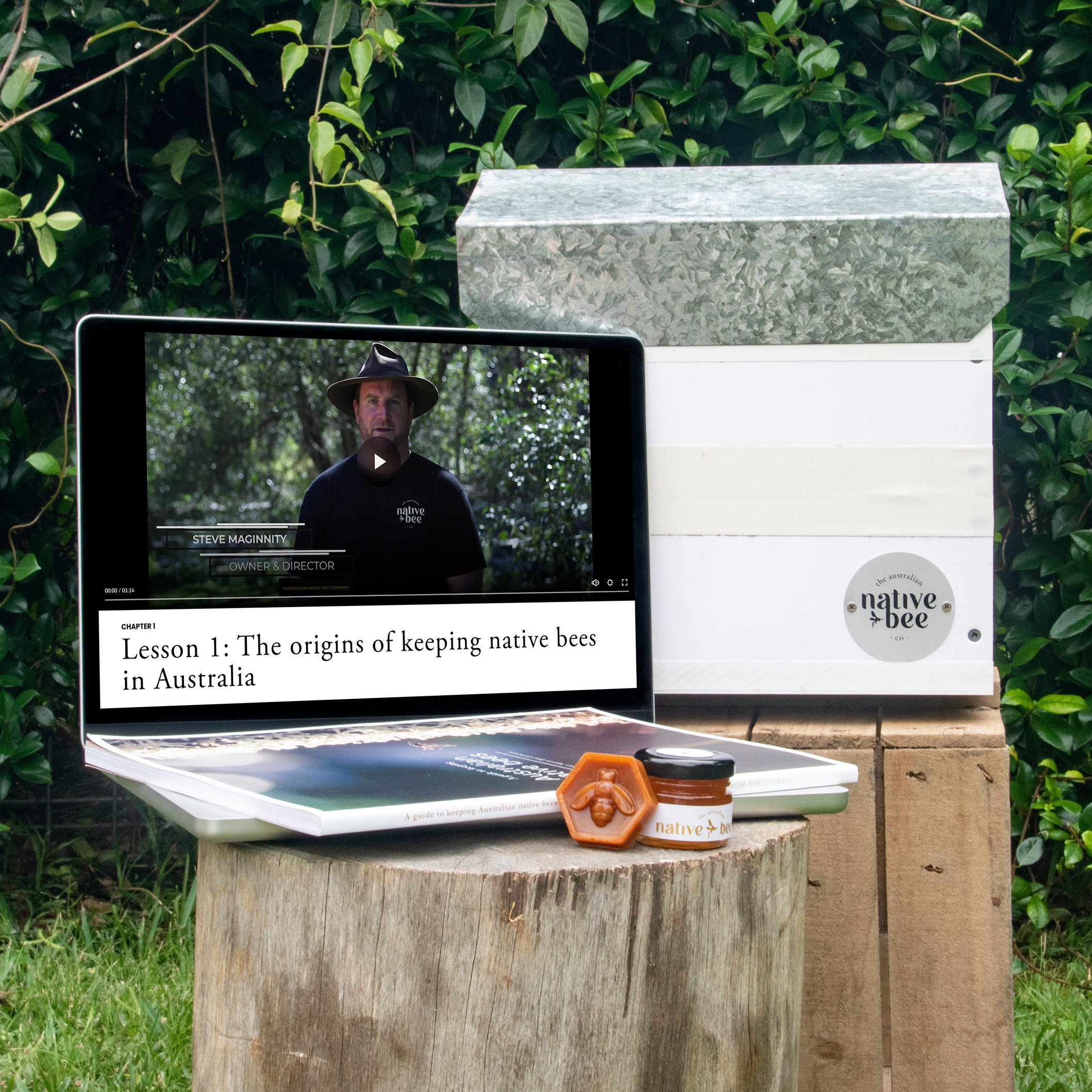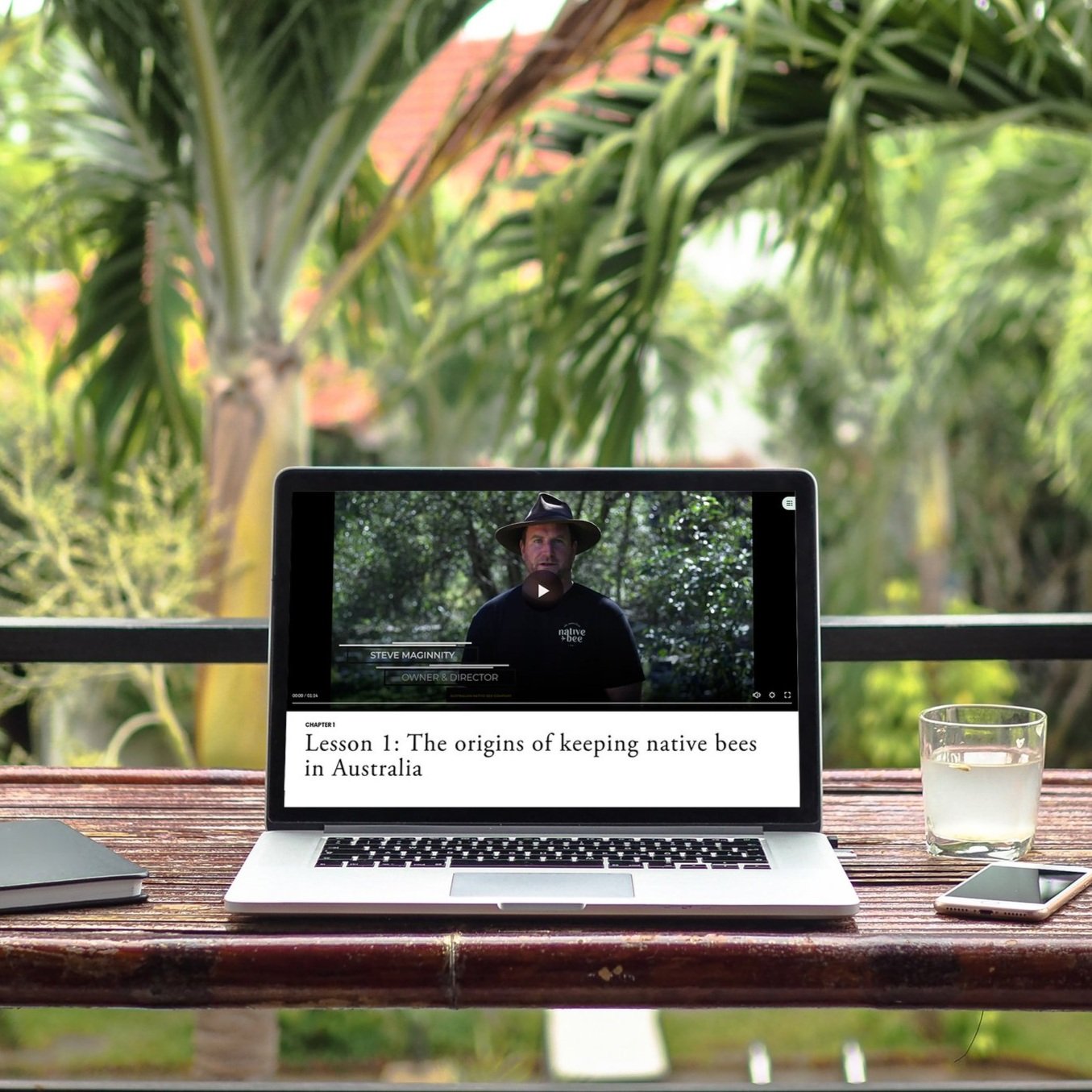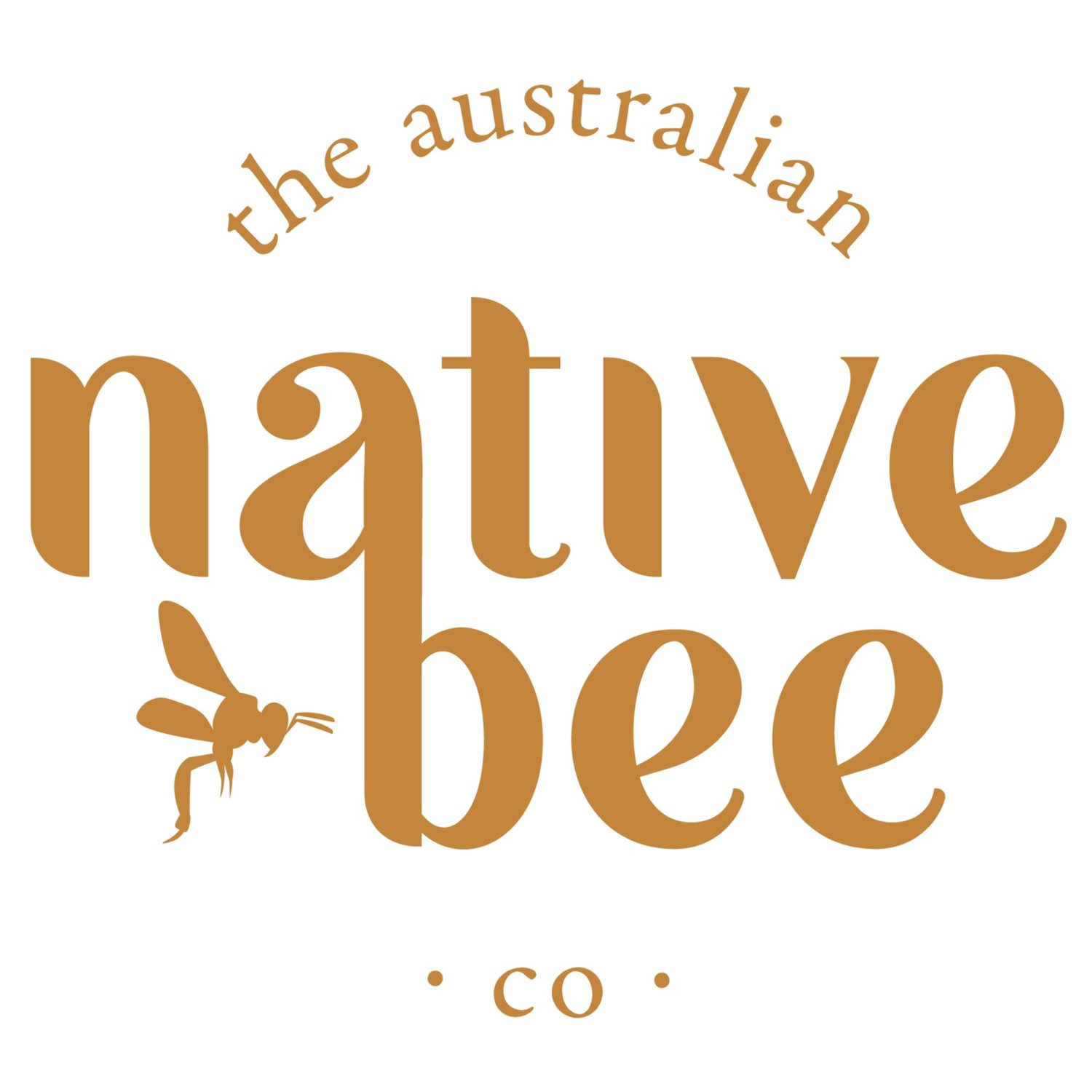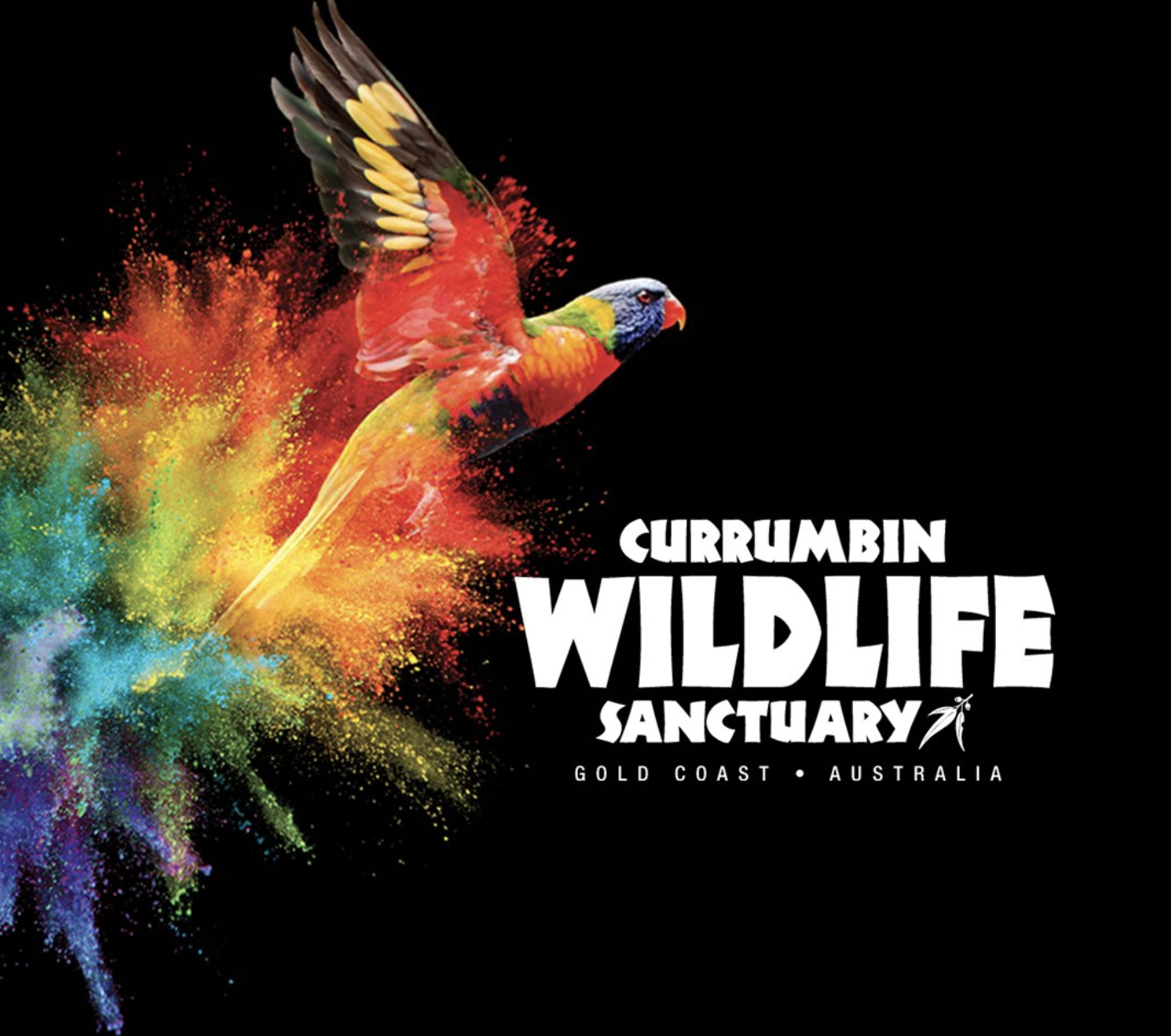Leading native bee education
Empowering the next generation for a sustainable future.
Become a native beekeeper
-

Buy a Native Bee Beginner Bundle
-

Join our Online Course
-

Host a Native Bee Student Program
-

Join Native Bee Kids Club
Inspire young bee enthusiasts
Join Native Bee Kids Club
Get your kids involved in hands-on, useful native bee activities, as well as recycling materials from around the home to facilitate bee education and inspire sustainability.
What our customers are saying
Learn to become a native beekeeper
Join our online course - Keeping Australian native bees
We’ve created the most comprehensive online course for teachers and bee enthusiasts alike! Packed with engaging video tutorials, easy to follow lessons, and additional activities, this resource brings the fascinating world of native bees to life. Complete it at your own pace to enhance the learning experience.
Learn from expert-led step by step videos
Access in-depth written content
Engage with activities designed to complement each lesson
Unlimited lifetime access
Monthly payments
over 12 months
$20/month
One payment
save $40
$200
Upcoming conferences and workshops
Keep an eye on our workshops for a location near you
Why us?
-
Australia’s leading experts
With over 40 years of experience in native bee hive management, conservation, and teaching, we are passionate about sharing our knowledge and inspiring the next generation of environmental stewards. Whether you’re a beginner, educator, or experienced beekeeper, our expert team offers hands-on guidance, engaging educational programs, and practical support to help you succeed.
-
Experienced educators
Our team have delivered hundreds of presentations to community groups, preschools, primary schools, high schools, and teachers. We understand how to engage learners of all ages, aligning our programs with the Early Years Learning Framework and various school syllabus stages to provide meaningful, curriculum-based learning experiences.
Who we’ve worked with
Frequently asked questions
-
Yes! Our bees cannot sting so do not cause anaphylactic responses that European honey bees do. This means that the bees are a great addition to home gardens and childcare centres. The hives can observed close up by children, pets and those who experience anaphylaxis with no risk of being stung.
-
We position our hives facing a north-east direction with shade and protection from the midday and afternoon sun. It is also important to ensure hives are not placed next to or on reflective heat surfaces (for example metal fencing). Hives are either mounted on a star picket or bracket (sold separately).
-
You can book a presentation and purchase hives through the learn section on our website or get in touch with Steve on 0404 831 659 to work out the best solution for you educational context.
People say that native bees are an investment and I agree, by purchasing a native bee hive you are investing in your children and grandchildrens knowledge and experiences of the natural world.
You are investing in the production of edible food products, both from the bees and through their efforts. But most importantly, you are investing in the health of the natural environment in your area.”
— Steve


















